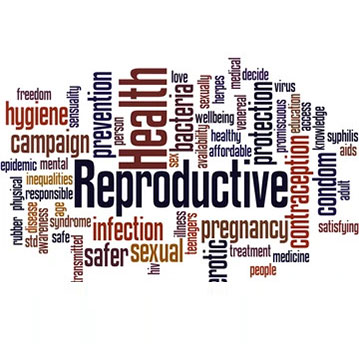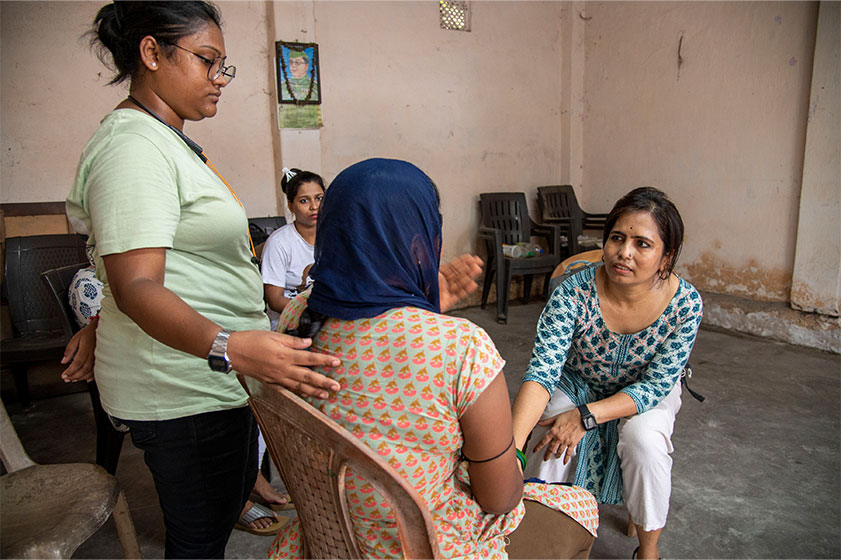Reproductive Health and Rights
- Home
- Our Programmes
- Reproductive Health and Rights

Reproductive Health and Rights emerged as a key health concern after the International Conference on Population and Development (ICPD) in 1994. The governments of the world agreed that health programming would henceforth aim at providing appropriate information and services to all individuals and couples to have their desired number of children and enable them to have safe and satisfying sexual relationships. It also promised that all women would be ensured safety in childbirth and that all information and services required for their reproductive health care would also be available. The Government of India accepted the ICPD Program of Action promising to change its focus on population control and provide a broader range of services keeping women’s interests and choice at the centre. CHSJ’s work has been consistently promoting women’s health rights including their reproductive health and rights in its work.
CHSJ’s primary focus is to generate evidence on critical health concerns faced by marginalized communities, with a particular emphasis on reproductive health. This evidence forms the basis for engaging with policymakers at the district, state, and national levels, ensuring that policies and programs are grounded in reliable information. By leveraging evidence-based data, CHSJ aims to influence policy decisions and improve the reproductive health outcomes of marginalized communities.

To strengthen its efforts, CHSJ actively collaborates and networks with other civil society organizations and networks that share similar objectives. By joining forces with like-minded organizations, CHSJ can amplify its impact and collectively advocate for women’s reproductive health and rights.
Overall, CHSJ’s work is centered around promoting women’s health rights, with a specific focus on reproductive health. By generating evidence, engaging with policymakers, and collaborating with other organizations, CHSJ strives to bring about positive changes in policies and practices to improve the reproductive health outcomes of marginalized communities.
